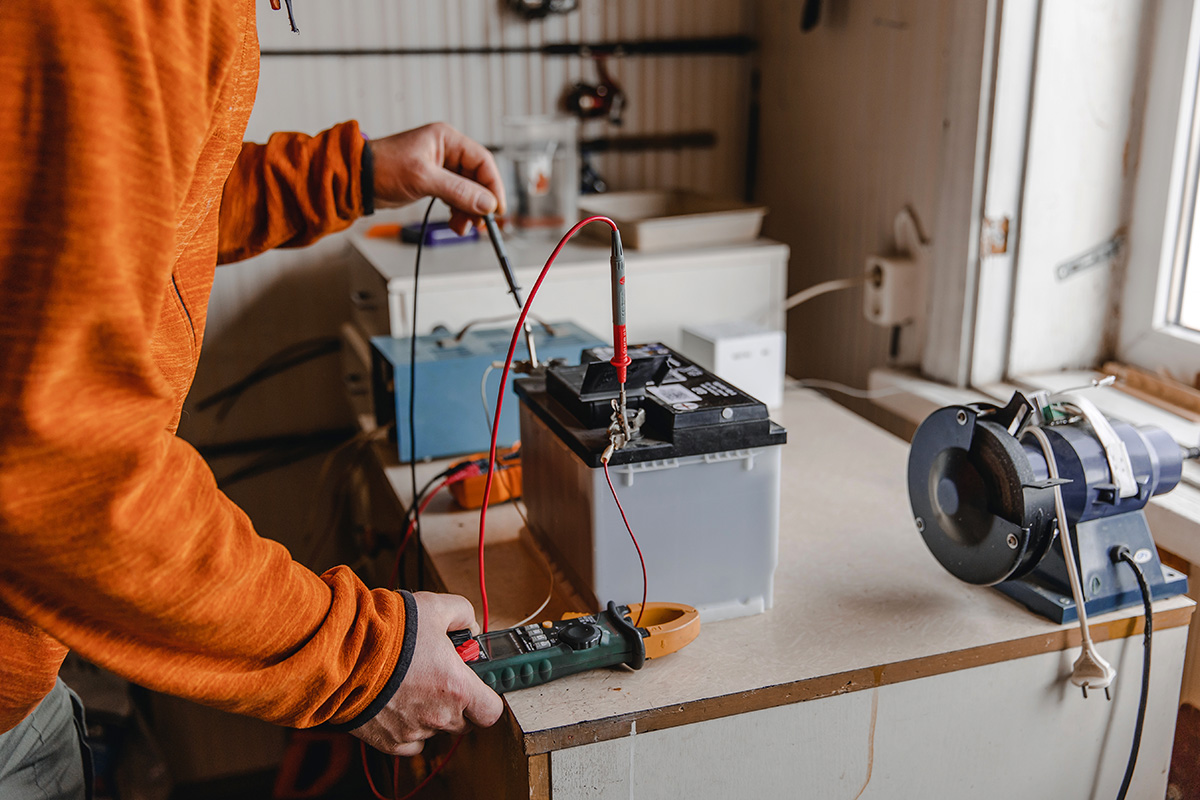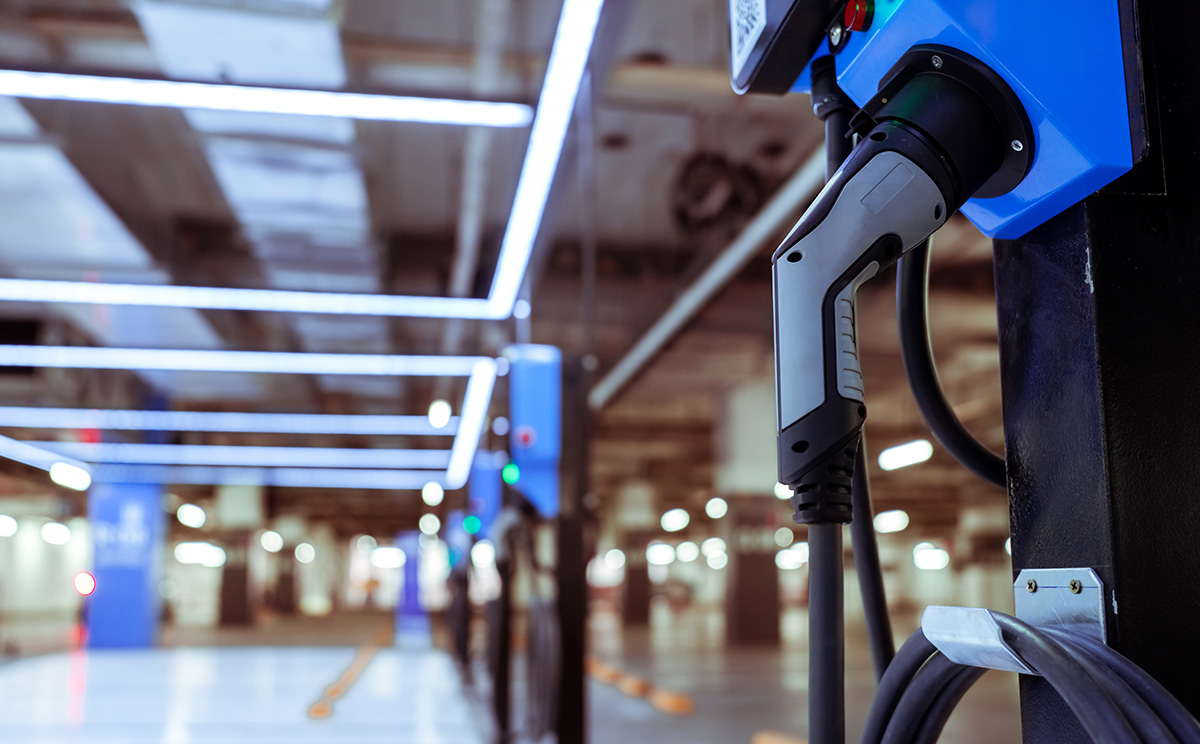As the demand for eco-friendly transportation options continues to rise, many electric rickshaw companies are popping up across the world. If you’re a manufacturer or owner of an electric rickshaw company, one of the most important decisions you’ll have to make is selecting the right battery for your vehicles. In this blog post, we’ll explore some of the key factors to consider when choosing an e-rickshaw battery for your business.
Battery Chemistry

Electric rickshaw batteries come in a variety of chemistries, each with its own pros and cons. Some of the most common types of batteries used in electric rickshaws are lead-acid, lithium-ion, and nickel-metal hydride batteries. Lead-acid batteries are the most affordable but have a shorter lifespan and lower energy density than other options. Lithium-ion batteries, on the other hand, are more expensive but offer longer lifespans and higher energy density. Nickel-metal hydride batteries are a compromise between the two, with a higher energy density than lead-acid batteries and a lower cost than lithium-ion.
Battery Capacity and Voltage
Battery capacity and voltage are important factors to consider when choosing an electric rickshaw battery. The battery capacity determines how much charge the battery can store and how far your vehicle can travel on a single charge, while the voltage determines the amount of power the battery can deliver to the motor. Generally, higher voltage batteries are more powerful and offer better performance, but they can also be more expensive.
Size and Weight
The size and weight of the battery are also important factors to consider when choosing a battery for your electric rickshaw. You’ll need to make sure that the battery can fit in the designated battery compartment on your vehicle and that it doesn’t add too much weight, which can impact the vehicle’s handling and acceleration.
Charging Time

The charging time of your electric rickshaw battery is also an important factor to consider, especially if you’re running a business and need to keep your vehicles on the road as much as possible. Some batteries can take several hours to charge, while others can be fully charged in as little as 30 minutes.
Price

Of course, price is always a consideration when choosing an electric rickshaw battery. While lithium-ion batteries are generally more expensive than lead-acid batteries, they can also last up to four times longer and offer better performance. It’s important to balance the upfront cost of the battery with its expected lifespan and the cost savings you can expect over time.
Warranty and Support

Finally, it’s important to consider the warranty and support offered by the battery manufacturer. A good warranty can give you peace of mind and protect you against unexpected issues, while good support can help you resolve any problems that do arise quickly and easily.
Conclusion
In conclusion, choosing the right electric rickshaw battery is a complex decision that requires careful consideration of many factors. By considering battery chemistry, capacity and voltage, size and weight, charging time, price, and warranty and support, you can make an informed decision that meets your business’s needs and budget.
At Sodyco, we understand the importance of battery safety. As an e-rickshaw manufacturer and supplier, we have developed a comprehensive guide to battery safety, to help ensure that all e-rickshaw owners can utilize these vehicles safely and efficiently. To read the guide, click here.
If you liked our blog on, ‘Factors to Consider When Choosing an E-rickshaw Battery’ be sure to check out our other blogs by clicking here.



